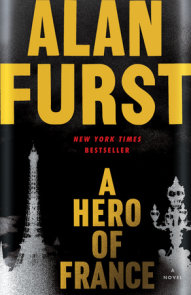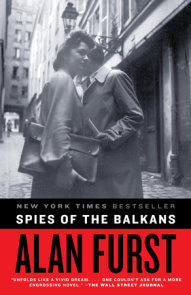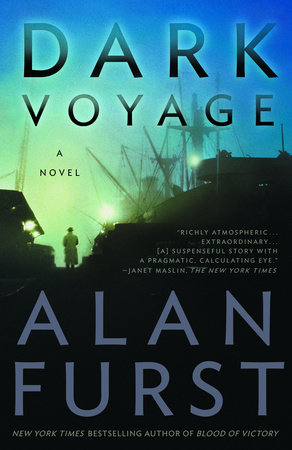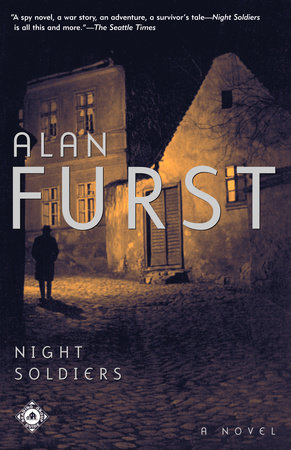

Night Soldiers
By Alan Furst
By Alan Furst
By Alan Furst
By Alan Furst
Category: Spy Novels | Historical Fiction | Suspense & Thriller
Category: Spy Novels | Historical Fiction | Suspense & Thriller

-
$18.00
Jul 09, 2002 | ISBN 9780375760006
-
Nov 19, 2008 | ISBN 9780307488817
YOU MAY ALSO LIKE
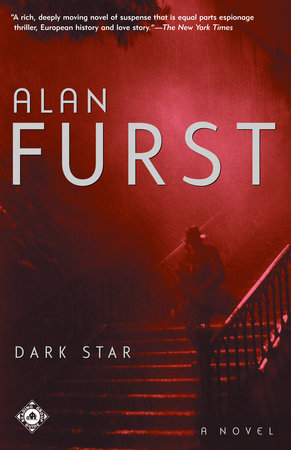
Dark Star
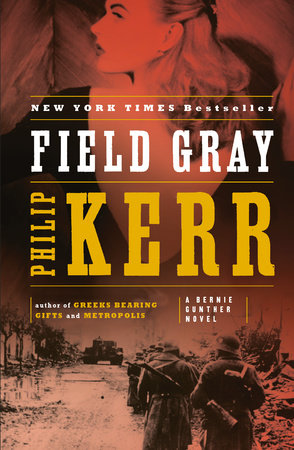
Field Gray
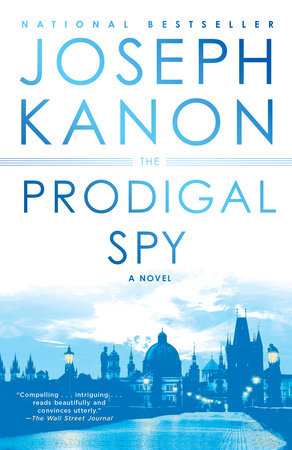
The Prodigal Spy
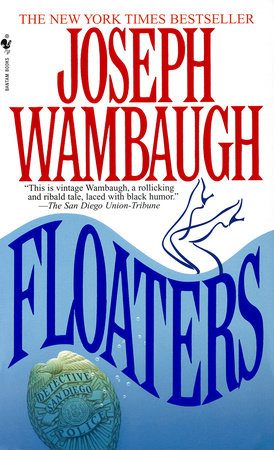
Floaters
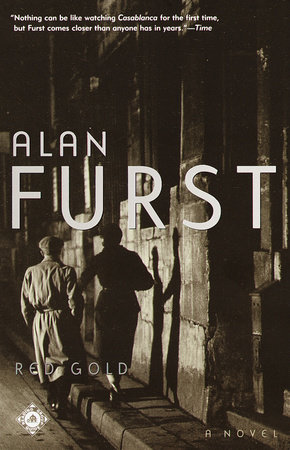
Red Gold
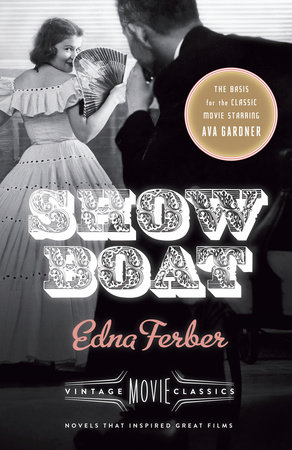
Show Boat
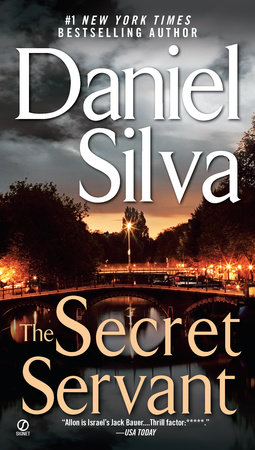
The Secret Servant
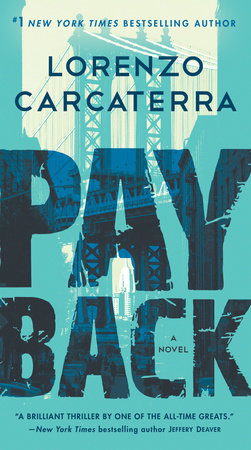
Payback
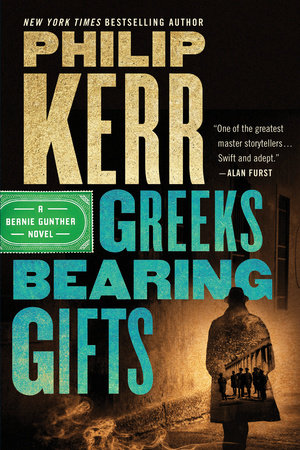
Greeks Bearing Gifts
Praise
“A spy novel, a war story, an adventure, a survivor’s tale—Night Soldiers is all this and more.”
—The Seattle Times
“Night Soldiers has everything the best thrillers offer—excitement, intrigue, romance—plus grown-up writing, characters that matter, and a crisp, carefully researched portrait of the period in which our own postwar world was shaped.”
—USA Today
“Intelligent, ambitious, absorbing . . . The history is deftly incorporated; the viewpoint civilized; the characters and the settings picturesque; the adventures exciting; the writing pungent.”
–Walter Goodman, The New York Times
“Night Soldiers is an atmospheric journey through turbulent lands at a turbulent time, not so much a thriller as it is a panoramic, historical adventure.”
–Pittsburgh Post-Gazette
“Intelligent and absorbing . . . An unusual viewpoint, solid research and unobtrusively elegant writing make this pure pleasure to read.”
–Kirkus Reviews
“Evocative, moving . . . Furst shows a remarkable talent, integrating details about the cultures of Spain, France and Eastern Europe with a fascinating story of the constantly changing, constantly unpredictable events of that world at war.”
–Publishers Weekly
“One of the very best novels ever written about the inner world of Soviet intelligence. . . . This fine novel, in effect the memoir so many did not live to write for themselves, is a triumph of historical imagination.”
–Thomas Powers, author of The Man Who Kept the Secrets
21 Books You’ve Been Meaning to Read
Just for joining you’ll get personalized recommendations on your dashboard daily and features only for members.
Find Out More Join Now Sign In








